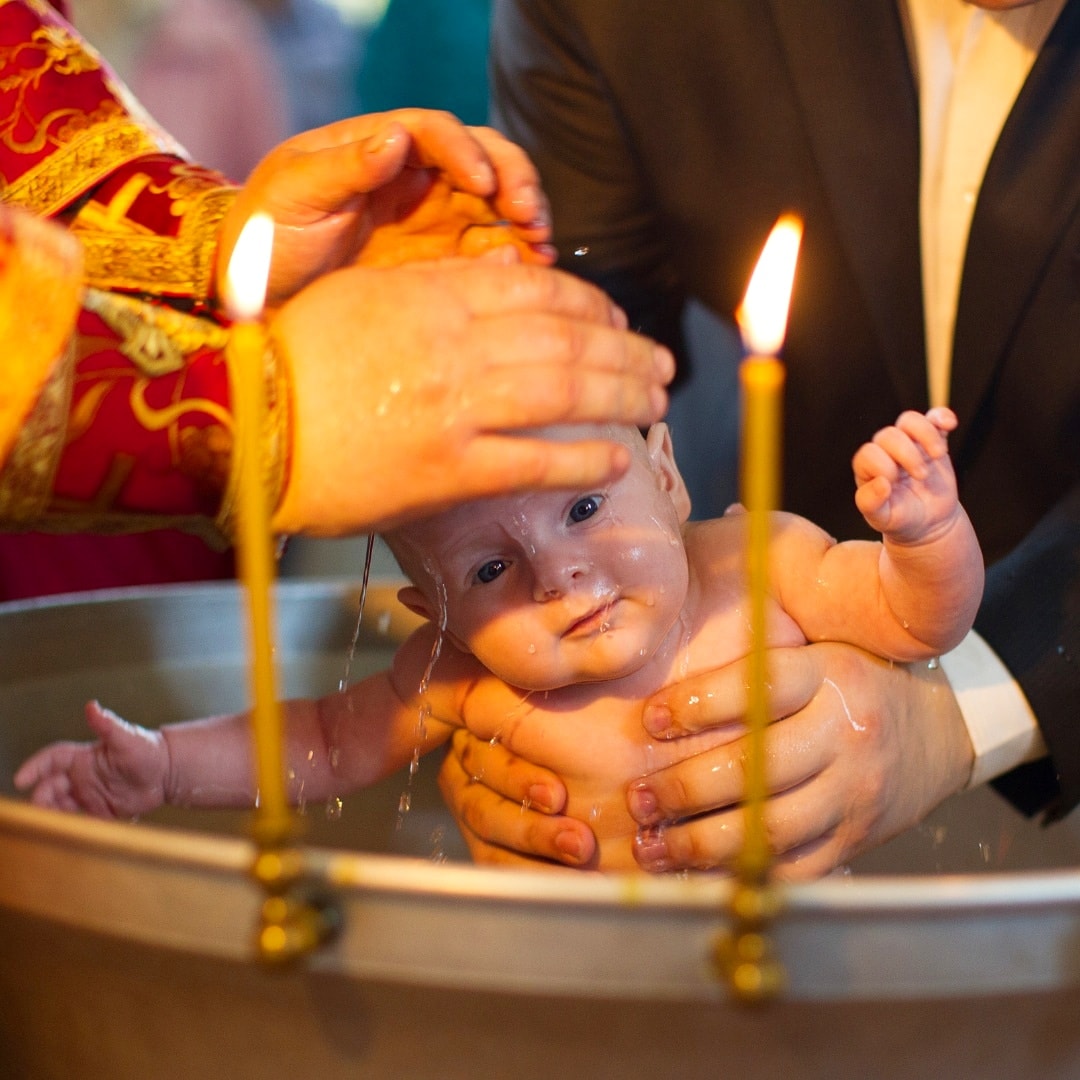
Mk. 1: 7-11
Sometime before, we had a session on the canonical perspectives on offering the Holy Eucharist. While our professor was explaining about the concelebrated Mass and the personal Mass, he exhorted us to celebrate personal Mass once a while especially when we come across difficulties in our way of life. Then he shared with us an experience that his retreat preacher shared during a retreat. The preacher was a Jesuit and well known in the country. That particular day of the retreat, the session was on the efficacy of Holy Eucharist. The preacher told them that he derived his strength to overcome the challenges of his religious priestly life from the Holy Eucharist. Those dark moments, he used to celebrate personal Mass and invariably poured out his emotions to the Lord by weeping during the Mass. In those moments of intense struggles, his tears were added along with the wine which symbolically represents the human effort. We were moved by the testimony of our professor and bowed our head at the profound spirituality of this priest who enjoyed a deep communion with the Lord and sought comfort and shelter in the Lord especially at his dark moments…
Today we celebrate the feast of the baptism of the Lord. John the Baptist was calling people to repentance and providing them with the baptism of repentance. Jesus did not need to receive this baptism of repentance. However, he identified himself with the fragile humanity and its failures. This is the very mission for which he had come. He would undergo another baptism on the cross that would free us from the bondage of sin. There he would transform this baptism of repentance into baptism with the Holy Spirit, the grace that we lost due to our inclination towards sin. When Jesus accepts the will of his Father, heaven reveals his divine identity. “This is my beloved son in whom I am well pleased.” Adam, the first man through his disobedience lost his identity as the son of God. Jesus through his obedience and holy sacrifice on the cross restored our divine sonship. Therefore, in baptism, we die along with Christ in our sins and partake in his resurrection by born again as children of God.
It is our basic need to be loved and belong to someone. In recent times, we hear about people fall into the trap of depression and ending their life. They are not able to cop up with the vacuum created within and also the feelings of loneliness. Our basic identity is that we are the beloved children of God. At the time of Baptism, we see the presence of the heavenly Father and the Holy Spirit with Christ. Jesus had moments wherein he felt lonely, abandoned and lost. His tests in the desert, the Gethsemane experience, etc. are the test moments of his life. However, He came out of these intense moments, not as a depressed person but empowered by the Holy Spirit so that he could meet the challenges of his life. Through baptism, we also receive the grace to be in communion with the Holy Trinity. This sacrament of baptism we receive once and for all and it places an indelible mark on the individual. Therefore, no one can receive it twice. Reception of this sacrament is an unconditional gift of God.
We need to grow in this communion with the Holy Trinity through our effort. In every relationship, communion gets deepened only when we know the other better and deeper. Jesus too was fully human like all of us. Nevertheless, he felt a great need to grow in communion with his Abba so that he could face all the challenges of his earthly sojourn and accomplish the mission for which he was sent by His Abba. We too are called to enter into this communion with the Holy Trinity here on earth and enjoy in its fullness in the life to come. Therefore, let us try to understand the reality that we belong to God, the sacrament of baptism testifies that we are children of our heavenly Abba and we are never alone in this sojourn… let us offer our difficulties of daily life along with the chalice of Christ so that we too may be transformed like the Eucharistic bread and grow in communion with the Triune God…